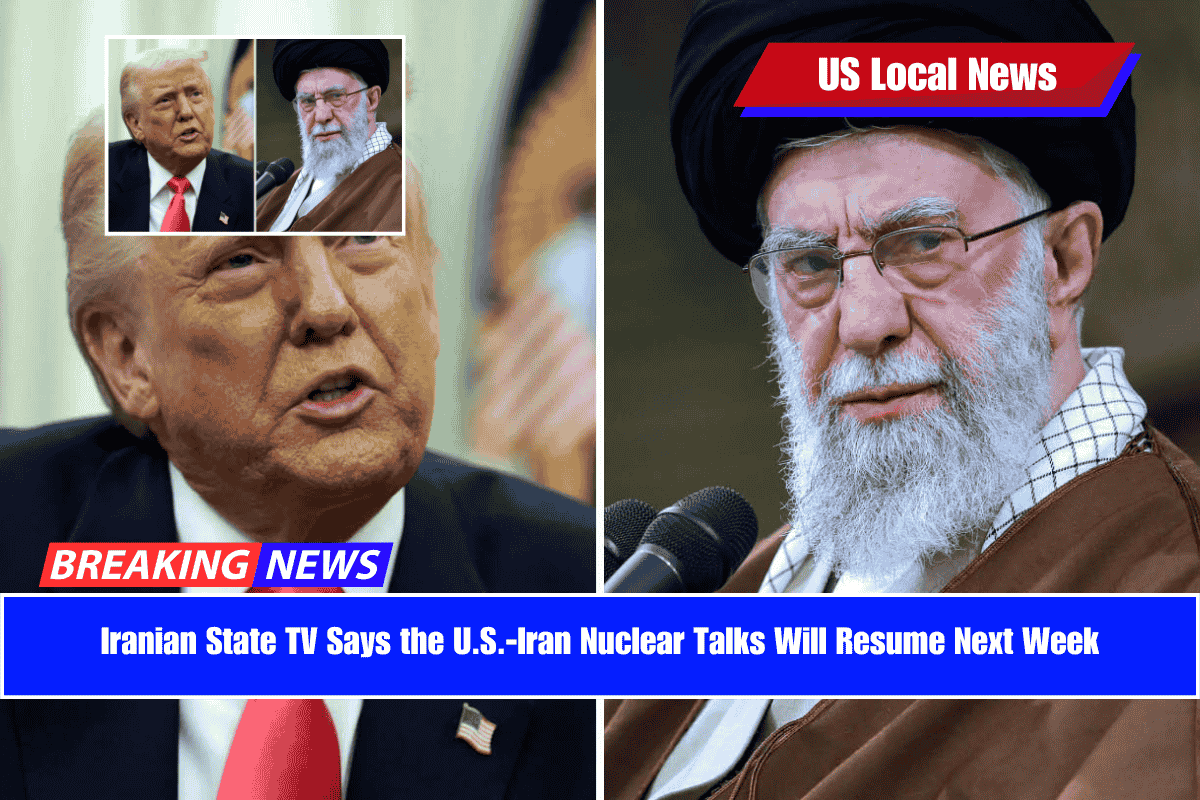The United States and Iran have begun a new round of nuclear negotiations in Oman — the first official talks since Donald Trump returned to the White House. With rising tensions over Iran’s nuclear program, the two countries are now trying to avoid conflict and explore a diplomatic solution.
The talks were described as “constructive and positive” by the White House, although the situation remains delicate.
What Happened in Oman?
On Saturday, April 13, senior U.S. envoy Steve Witkoff and Iranian Foreign Minister Abbas Araghchi met at a neutral site in Oman, with the Omani foreign minister mediating the conversation. The session lasted more than two hours.
Though officially called indirect talks, both U.S. and Iranian officials spoke briefly in person, marking a rare moment of direct diplomacy.
What’s at Stake?
The stakes couldn’t be higher. Trump has repeatedly warned that if no deal is reached, the U.S. may consider airstrikes on Iran’s nuclear sites. At the same time, Iran has increased its uranium enrichment to near weapons-grade levels, raising fears of nuclear weapon development.
The talks aim to:
- Limit Iran’s nuclear program
- Prevent weaponization
- Lift sanctions hurting Iran’s economy
- Avoid military conflict
Key Issues in the Talks
1. Uranium Enrichment
Under the 2015 Iran nuclear deal, Iran was allowed only 3.67% enrichment. Today, it’s enriching up to 60% — dangerously close to weapons-grade levels.
2. Sanctions Relief
Iran is pushing for the removal of harsh U.S. sanctions, especially those affecting its economy and oil exports.
3. Weaponization Red Line
According to Steve Witkoff, the U.S. will not allow any development of nuclear weapons, saying:
“Our red line will be, there can’t be weaponization of your nuclear capability.”
What Both Sides Are Saying
Trump:
“Talks with Iran are going okay… Nothing matters until you get it done.”
Iranian FM Araghchi:
“Our goal is clear — to protect Iran’s national interests. This is just the beginning.”
Iranian spokesperson Baghaei:
“We are giving a genuine and honest opportunity to diplomacy.”
White House Statement:
“These issues are very complicated… but this direct communication was a step forward.”
Can a Deal Be Reached?
While both sides are talking, there are clear differences:
- The U.S. wants full dismantlement of Iran’s nuclear program.
- Iran refuses to give up its enrichment entirely.
- Trump insists on a deal that prevents any path to a nuclear weapon.
- Iran is demanding equal treatment and sanctions relief.
The Israeli Angle: Why the Libyan Model Won’t Work
Israel’s Prime Minister Benjamin Netanyahu has suggested a “Libyan solution” — destroy Iran’s facilities and dismantle them completely.
However, Iran has made it clear: “We won’t give up our program entirely.”
So, such a plan is not realistic, and negotiations remain the only possible path forward.











Leave a Reply